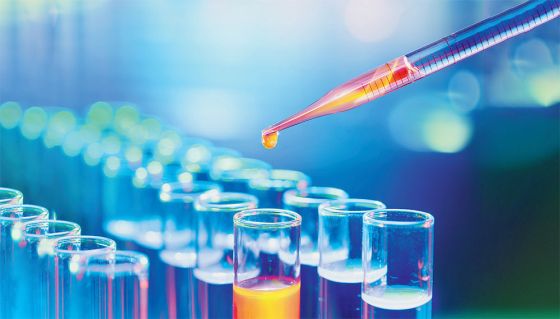
New Pulsed Electric Field Technology Could Allow for Less Invasive Tumor Molecular Profiling
Written on | Medicine
Electroporation bears less of the negative consequences of biopsies, say TAU, IDC, Technion researcher
Current cancer treatment courses often begin with tissue biopsies. Biopsies, however, which involve the physical resection of a small tissue sample, can lead to localized tissue injury, bleeding, inflammation, and stress, as well as increased risk of metastasis.
New technology developed by a team of researchers from Tel Aviv University (TAU), Herzliya Interdisciplinary (IDC), and Technion–Israel Institute of Technology may soon offer an alternative means of profiling tissues. The research finds that electroporation — the application of high voltage pulsed electric fields to tissues — enables minimally invasive extraction of RNA and proteins that reveal tissue-specific differential expression critical to molecular profiling.
“Our new method can enhance the information surgeons obtain from biopsy, for example,” explains Prof. Alexander Golberg of TAU’s Porter School of Environment and Earth Sciences, a lead author of the study. “By harvesting molecules from suspicious areas, this method enables improved diagnostics of the site and produces information pertinent to treatment decisions, including molecular biomarkers.”
Research for the study was conducted by TAU graduate student Julia Sheviryov, Dr. Oz Solomon of IDC, Leon Anavy of the Technion, and Prof Zohar Yakhini from IDC and the Technion. The research was published in Scientific Reports on October 31.
By extracting tissue-specific molecules using a combination of high-voltage and short pulses applied to specific sites, the technology enables profiling RNA, proteins, or metabolites in tissue and tissue environments. This can improve the accuracy of tumor diagnostics, including the potential response to different therapies.
For the research, the scientists used electroporation to extract proteins and RNA from several normal human tissues, including liver tissues, and from a liver cancer model in mice. They then used advanced bioinformatics tools to demonstrate that tissue types can be distinguished by identifying specific molecules in the extracted samples.
“Further in vivo development of extraction methods based on electroporation can drive novel approaches to the molecular profiling of tumors and tumor environments, and thereby to related diagnosis practices,” Prof. Golberg concludes. “Now we have a new method with which to sample tissue in vivo. We can sample molecules without extracting cells and without the risky excision of tissue parts.”
The researchers now plan to develop a device for local extraction, thus enabling tumor heterogeneity mapping and the in vivo probing of tumor environment molecular composition.
Related posts
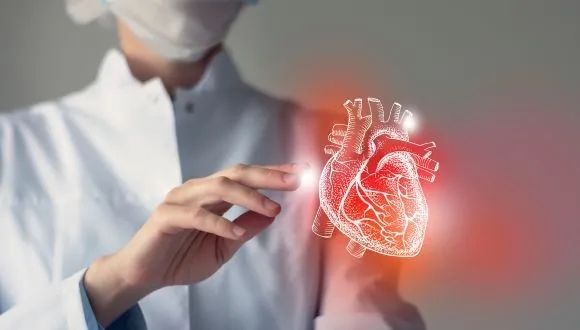





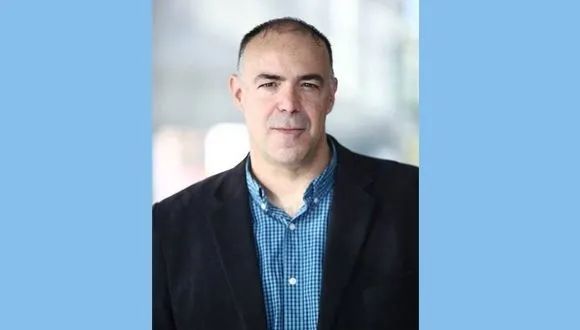
Destroying Cancer: new drug delivery system containing RNA therapy can target cancer cells in bone marrow
31 July 2023

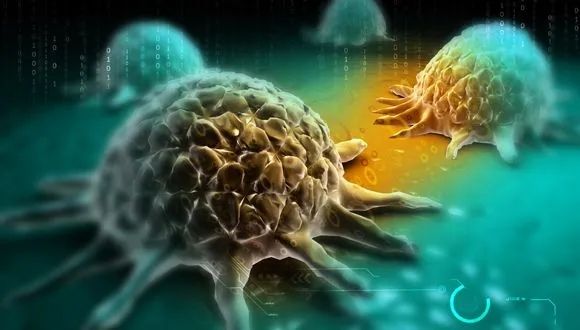



Operation Guardian of the Walls: Women, Young People and Residents of the South Paid the Heaviest Price
12 July 2023
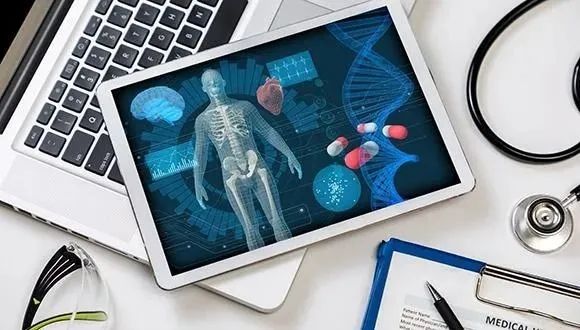


Breakthrough Gene Therapy Offers Hope for Severe Developmental Epilepsy in Children
27 June 2023
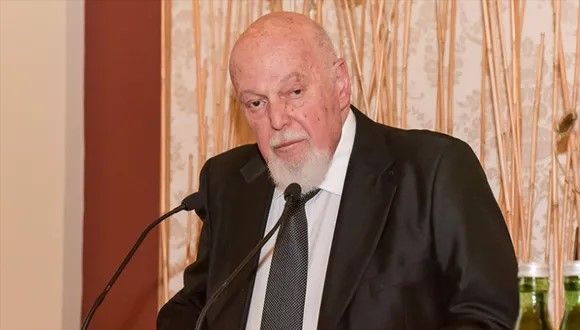
Prof. Isaac P. Witz Honored with 2023 Szent-Györgyi Prize for Progress in Cancer Research
26 June 2023
